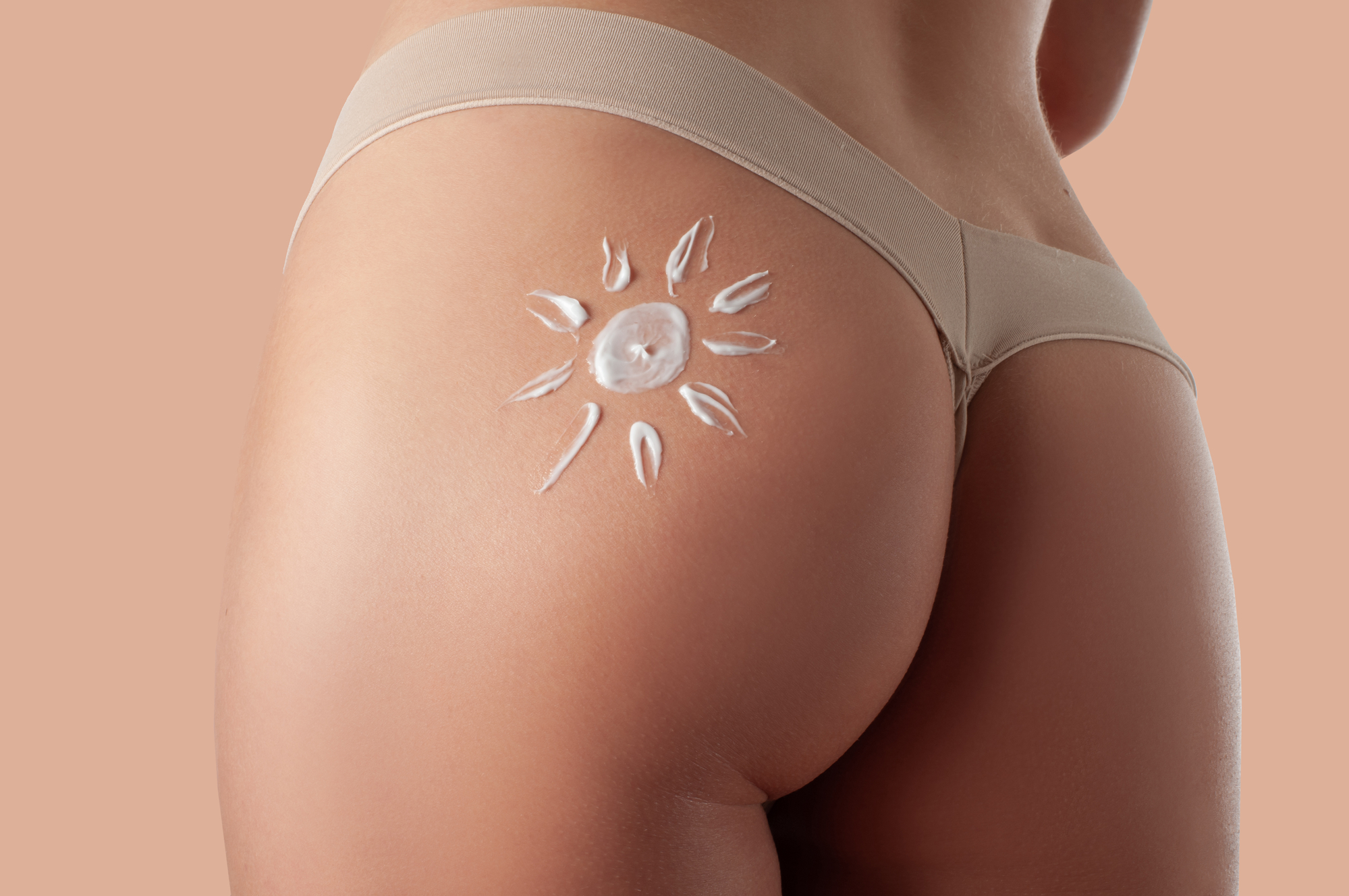The Quest for Lasting Happiness
In our fast-paced, often stressful world, the pursuit of happiness can seem like a fleeting endeavor. However, recent psychological research has uncovered a variety of easy-to-apply tools designed to foster not just momentary joy, but enduring happiness. This deep, lasting satisfaction goes beyond temporary emotional highs, bringing about a profound sense of contentment and well-being.
The Link Between Emotional and Physical Health
It’s not just about feeling good. There’s growing evidence to suggest that positive emotions don’t just improve our mental state; they have a tangible impact on our physical health. Studies have shown that by cultivating positive emotions, we can significantly lower our stress levels. Over time, this reduction in stress can lead to decreased risks of heart attacks, strokes, and other serious health conditions.
Tool 1: Mindfulness Meditation
Mindfulness meditation is a powerful tool in the pursuit of happiness. By bringing your attention to the present moment, mindfulness meditation can help reduce stress and anxiety, enhance emotional health, and improve attention and concentration. It’s a practice that can be done anywhere, at any time, making it highly accessible for everyone.
Tool 2: Gratitude Journaling
Gratitude journaling is another simple yet effective tool. By regularly writing down things for which you’re grateful, you can shift your focus from negative to positive aspects of life, enhancing your overall happiness. This practice has been linked to improved sleep, reduced physical pain, and a greater sense of well-being.
Tool 3: Positive Affirmations
Using positive affirmations – phrases that reinforce positive thinking and self-empowerment – can effectively rewire our brains. Positive affirmations can boost self-esteem, increase productivity, and even positively affect our physical health by reducing stress-related symptoms.
Tool 4: Social Connections
Maintaining strong social connections is crucial for emotional and physical health. Engaging in meaningful relationships can provide emotional support, reduce feelings of loneliness, and even strengthen our immune system. Whether it’s deepening existing relationships or seeking new ones, the power of human connection cannot be overstated.
Tool 5: Physical Activity
Regular physical activity is not just good for the body; it’s also excellent for the mind. Exercise releases endorphins, often referred to as „feel-good“ hormones, which can alleviate symptoms of depression and anxiety. Even moderate exercise, like a daily walk, can make a significant difference.
Conclusion: A Holistic Approach to Happiness
By incorporating these tools into our daily lives, we can embark on a journey towards lasting happiness and improved physical health. It’s a holistic approach that acknowledges the intricate connection between our emotional and physical well-being. Remember, the pursuit of happiness is not just a mental or emotional endeavor; it’s a lifestyle choice that can lead to a healthier, more fulfilled life.










